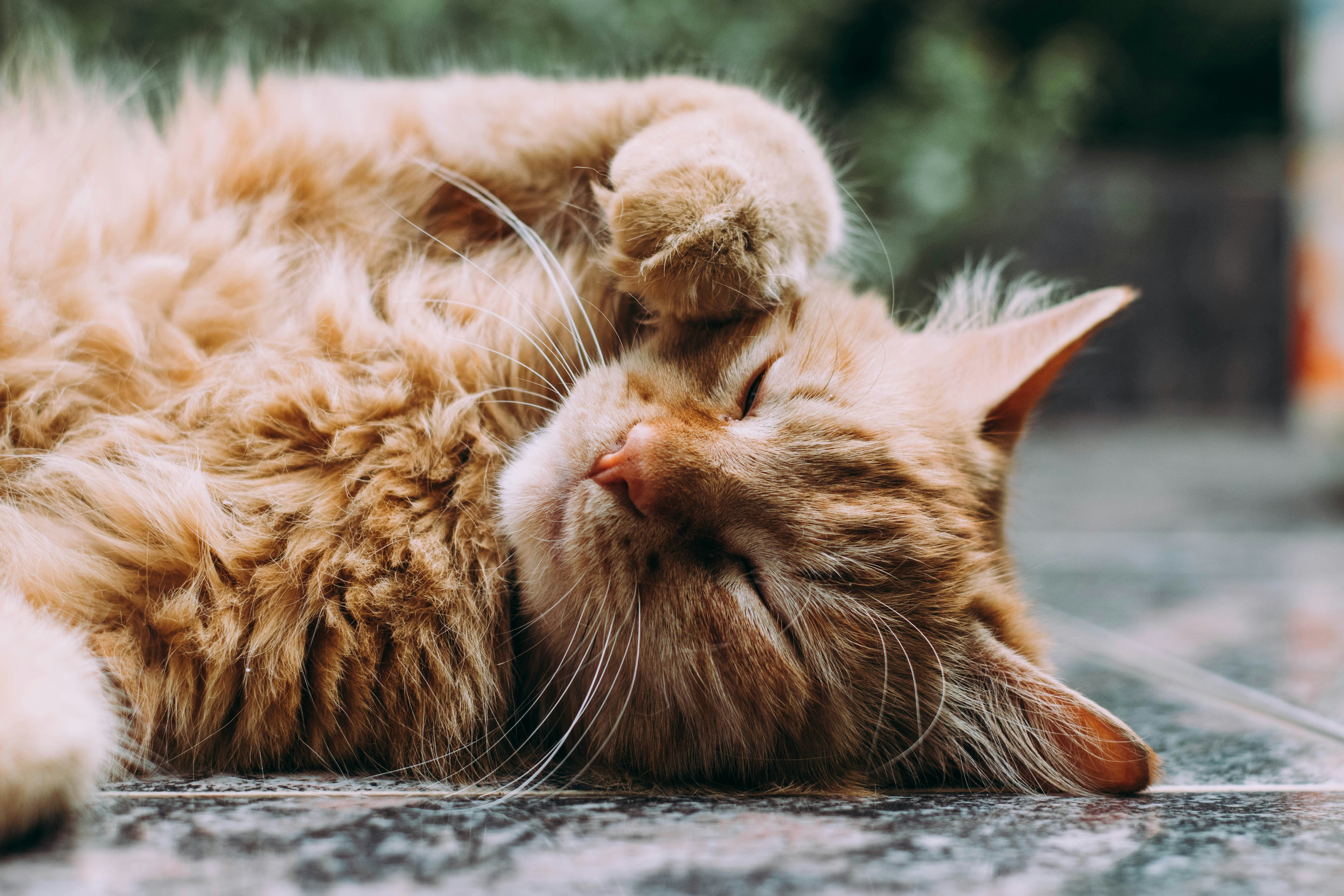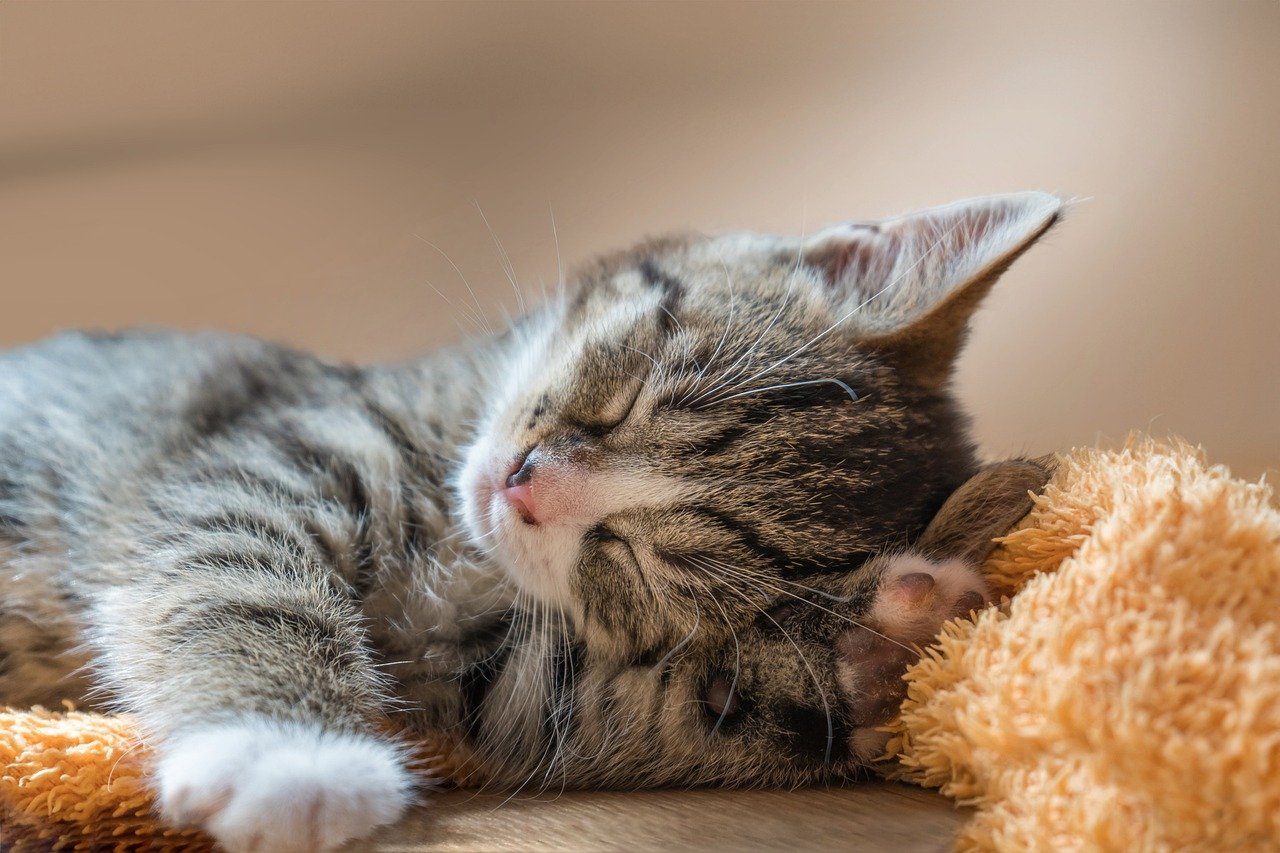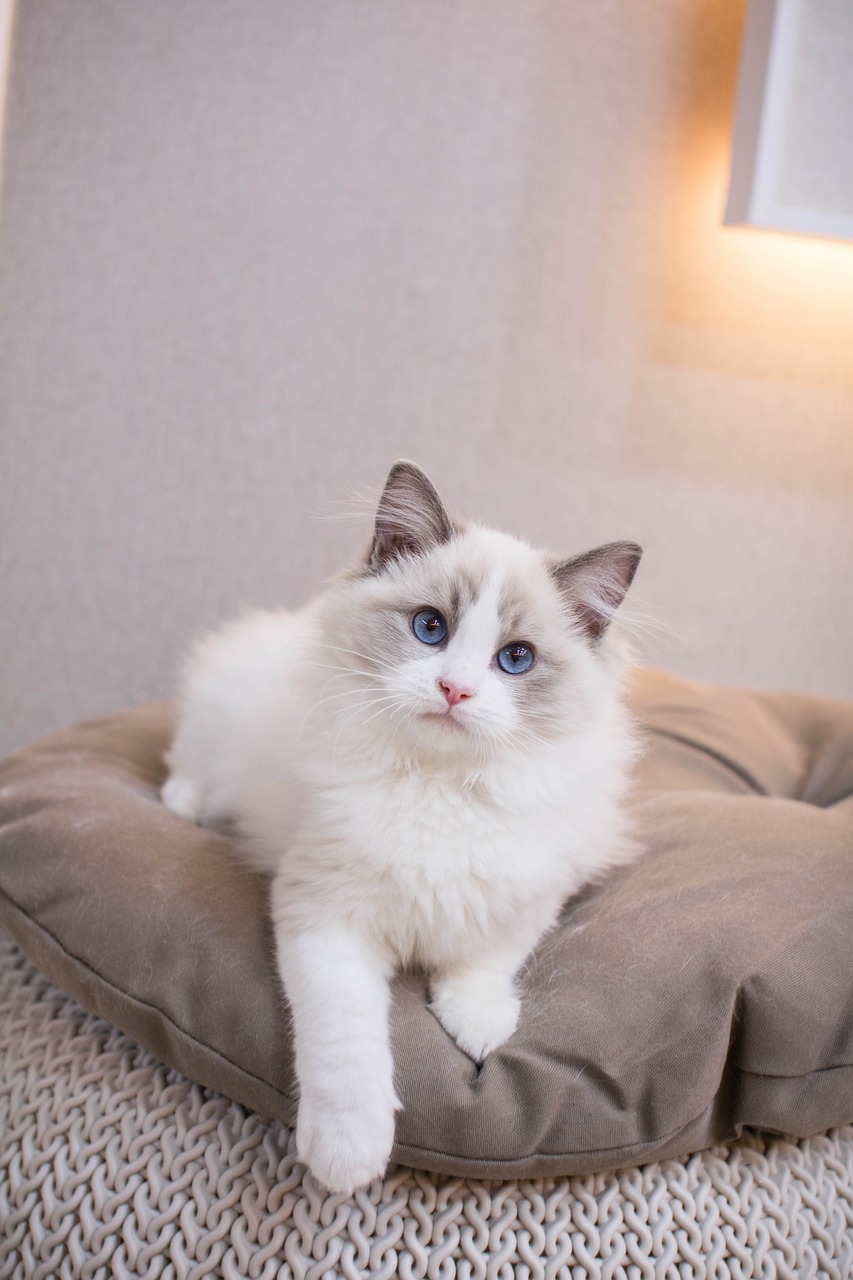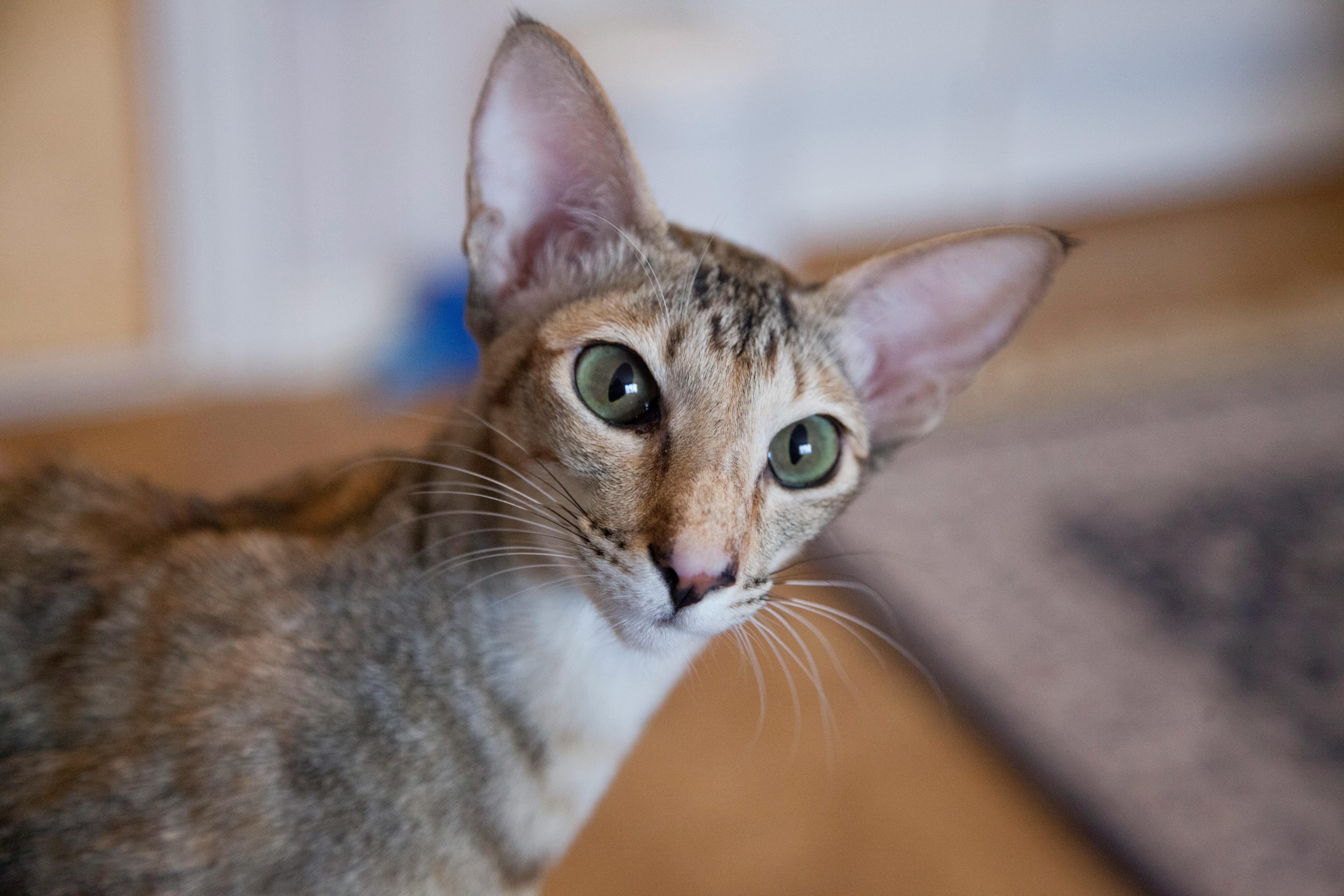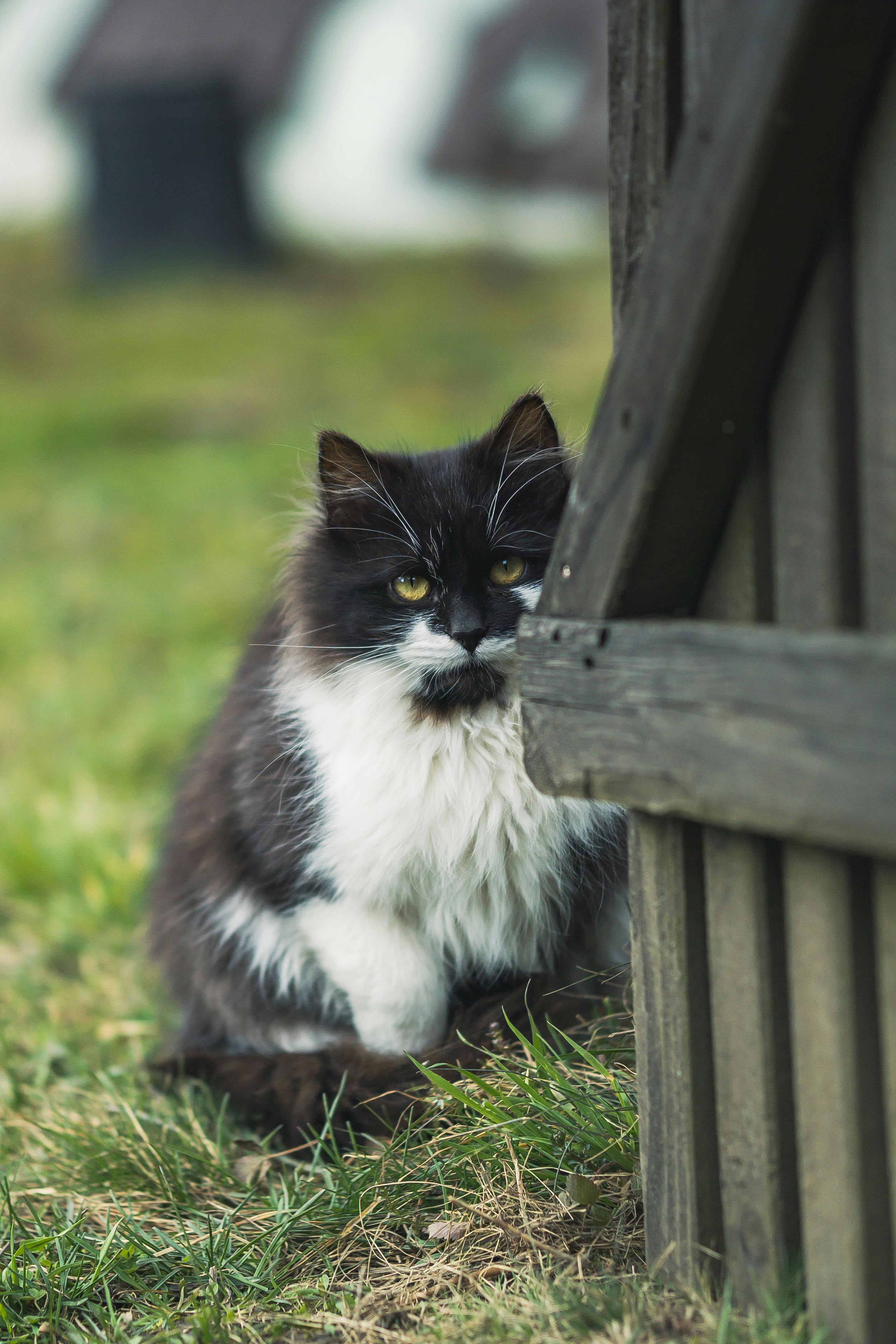Can Cats Eat Fish?
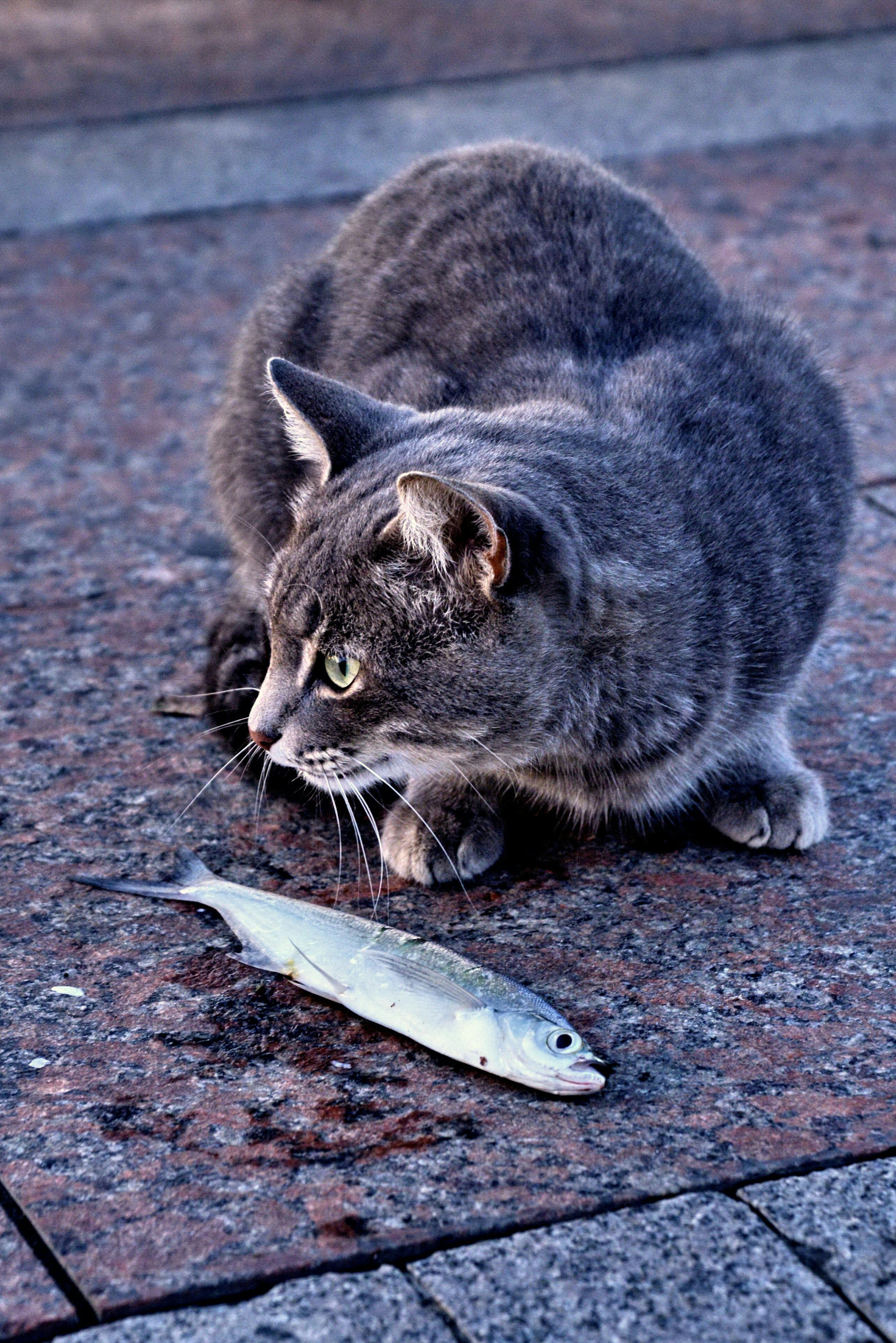
Therefore, fish for cats should be viewed as an intermittent treat rather than a primary food source.
So, why do cats have an affinity for fish? Over time, domestic cats have encountered fish and developed a natural fascination with them. The unique smell, enticing movement, and glistening scales of fish make them irresistible to cats. Fish for cats is akin to a captivating, shiny toy with an intriguing aroma.
Is Raw Fish Safe for Cats?
Feeding your cat raw fish is discouraged. Raw fish contains an enzyme called thiaminase, which can disrupt the absorption of essential B vitamins in your cat's system. Ingesting raw fish can lead to severe health issues for your feline companion. Furthermore, raw fish often harbors bacteria that can induce food poisoning in both cats and humans, including dangerous strains like E. coli and salmonella.
You might be wondering about sushi for your cat, but it's also best avoided due to its high raw fish content. Cooking fish thoroughly eliminates the problematic enzymes and potential bacterial contaminants, making it safer for your cat to consume.
Can Cats Eat Fish Bones?
Fish bones are problematic for cats just as they are for humans. The main difference is that you can identify and remove fish bones before consuming them, whereas your cat may only notice the small, sharp spines once they become lodged in their mouth or digestive tract. Ingesting fish bones can damage internal organs and pose a choking hazard for your feline friend. For these reasons, it's important to avoid feeding fish bones to your cat.
Fish in Commercial Cat Foods
Cat foods that incorporate fish as a primary ingredient may only sometimes contain high-quality fish. These commercial cat foods often use fish by-products and leftovers that are not suitable for human consumption. Low-quality fish in cat food can have ground-up bones, entrails, and other less desirable fish parts high in minerals like magnesium and phosphorus. Overconsumption of these minerals can lead to kidney and urinary tract issues in cats, particularly those predisposed to such conditions. Moreover, commercial cat foods may include preservatives to prolong the shelf life of the fish components, potentially causing adverse effects like altered liver function.
Microplastics and Heavy Metals Concerns
Due to ocean pollution, Microplastics found in everyday foods are also prevalent in fish. Fish can accumulate high levels of heavy metals such as mercury and other toxins from polluted waters. Predatory fish like tuna, which feed on smaller fish, get even higher levels of these substances. As a result, it's advisable to limit the consumption of fish, especially tuna, by both cats and humans.
Common Types of Fish and Seafood for Cats
Here's a breakdown of various fish and seafood options for cats:
Tuna: Cats adore tuna, but it's best served as an occasional treat. High mercury levels in tuna can lead to mercury poisoning, making moderation essential.
Salmon: Cooked salmon is nutritionally suitable for cats, but avoid smoked or seasoned varieties. Canned salmon, often high in salt and preservatives, should also be avoided.
Sardines: Offered in moderation, cooked sardines can be beneficial for cats. Avoid smoked sardines and canned varieties, particularly those preserved in brine.
Line Fish (e.g., Cod, Halibut, Hake, Tilapia): Baked, grilled, or boiled white fish without added salt or seasonings is suitable for cats, but it doesn't provide the same nutritional benefits as higher-quality fish.
Anchovies: Cats should consume These fatty fish sparingly due to their potential for weight gain. Rinse off excess oil from canned anchovies to reduce calorie intake.
Shrimp: Shrimp is safe for cats as an occasional treat but should be cooked without added salt or seasonings.
Shellfish (e.g., Clams, Scallops, Mussels, Crabs, Oysters, Lobsters): These can be offered occasionally, provided they are fresh, cooked, and free of salt and seasonings.
Squid and Octopus: High in iron, copper, and zinc; these can be fed to cats as an occasional snack, but they are high in cholesterol.
Seaweed: Seaweed is a healthy occasional snack for cats, as it may aid with minor digestive issues and promote skin and coat health.
Goldfish: While cats can technically eat goldfish, these small, wriggly fish pose a choking hazard and can carry parasites. It's best to keep cats away from fish tanks.
Benefits of Fish Oil for Cats
Oily fish like tuna, salmon, and sardines provide valuable Omega-3 and Omega-6 fatty acids, beneficial for a cat's heart health and eyesight. Fish oil supplements, which concentrate on these healthy fats, can also benefit cats, especially older cats with joint stiffness, arthritis, or inflammatory conditions. However, it's advisable to consult your veterinarian before adding fish oil supplements to your cat's diet.
Fish Allergy in Cats
While uncommon, cats can develop allergies to fish. Distinguishing between an allergy and intolerance is essential, as allergies involve the immune system, whereas intolerances affect the digestive system. Identifying a food allergy in cats can be challenging, as reliable allergy-specific tests are scarce. Diagnosing a food allergy involves a trial-and-error process, including an elimination diet.
Symptoms of a fish allergy in cats may include skin issues such as redness, itching, hair loss from excessive scratching, shedding, hairballs, ear infections, or even respiratory problems. If you suspect your cat has a food allergy, consult your veterinarian for a proper diagnosis and guidance on dietary adjustments.
While cats can safely enjoy fish as an occasional treat, it's crucial to exercise moderation, avoid certain types of fish, and prioritize high-quality, well-cooked fish. Additionally, be mindful of potential allergies and consult your veterinarian for personalized dietary recommendations.
Get insurance plans with wide-ranging coverage options








